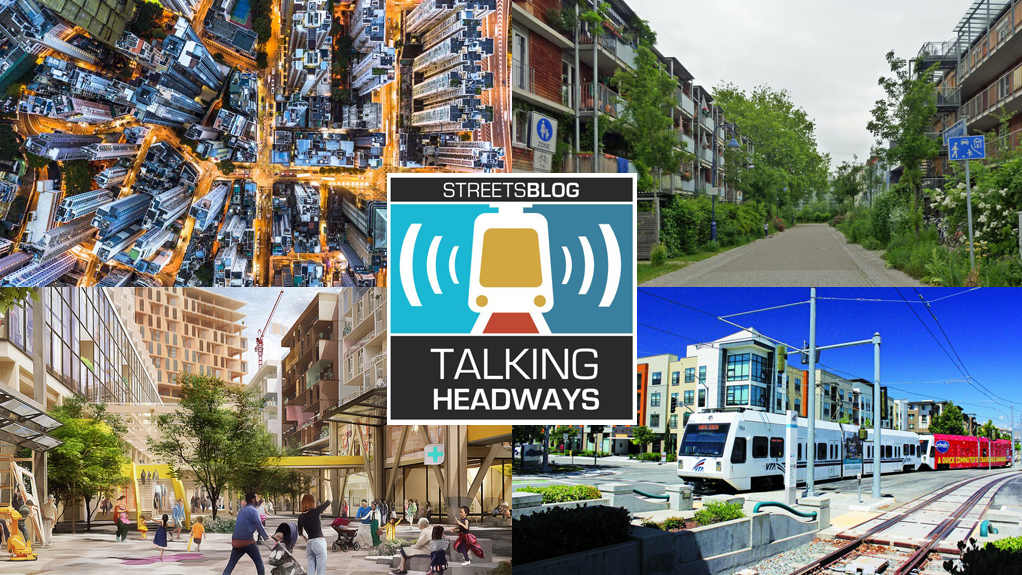This week we’re chatting with Alex Brennan, executive director of Futurewise in Washington State about the most-recent legislative session and bills on missing middle class housing, climate change, and transit oriented development. But this conversation isn't just about Washington, oh no. The issues raised are playing out nationally.
If you're the kind of person who prefers to read rather than listen, check out the full unedited transcript here. Or read an excerpt of the highlights below the player.
Jeff Wood: I want to go back full circle to bill 1181 because I think that’s kind of like really important to think about the Russian nesting doll of it all and how everything that is focused on housing and creating more dense housing and those types of things creates a situation where transportation can thrive. ... I think we need to talk about all these things because they’re all interconnected and if we silo off housing or transportation or environment or any of those things, we don’t get the success that we might if we combine them. So it’s really important that all of these things are connected and then also they are, are all kind of nested under this idea that we do wanna reduce vehicle miles traveled and we do want to have sustainable transportation that connects everything together.
Alex Brennan: Yeah, for sure. And we see them as super connected and that intersection is really core to our mission. And I think we’ve been working hard to make the case that those two things can and should go together, that your housing costs and your transportation costs are related as a household [and] we can provide more housing options in places that are going reduce both of those costs.
You know, one of the early obstacles we had to pass to adding climate change into our comprehensive plans was this fear from the real estate development community that this was going to be like additional restrictions on development. They heard climate and environment and jumped to this like that it has to be anti-development, anti housing. But, no, actually this is about making it easier to build in the places where we want people to build so that we can have those benefits.
Jeff Wood: There was a piece last week in Mother Jones from Bill McKibben, whose main thesis was is that environmentalism has won by saying “no” to things. And now I think his idea is that we need to say “yes” to more things and not in the YIMBY sense of yes, but just like we need to be open to the idea that more housing actually is a good environmental outcome. Those things actually are all tied together and I think that that’s kind of what you’re talking about when you’re dealing with the, the real estate folks or the folks that have been used to the environmental movement saying no, but now the environmental movement or at least a subset of them are saying yes and it’s confusing people.
Alex Brennan: Hopefully people are going to start getting more used to that idea. ... The status quo is not working and so we’re going to need to change things pretty quickly. That's going to mean building a lot of housing, building a lot of transmission lines and renewable energy facilities and we are going to have to reorient our environmental regulations and laws to foster and speed that up and still have reviews that are important, but make sure that, you know, those reviews are really targeted at the right things and understanding the trade-offs that happen and kind of the timeline that’s needed.






